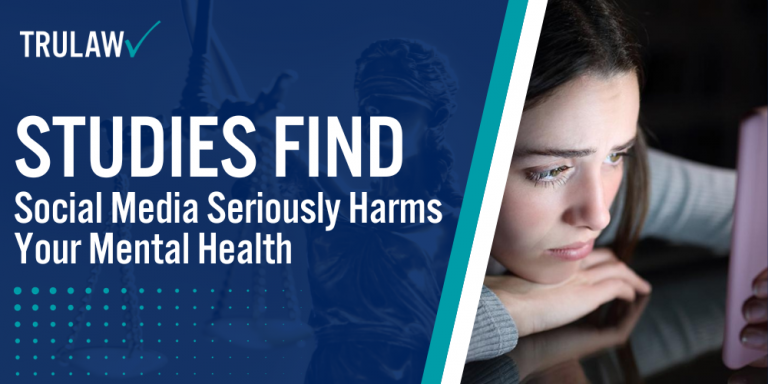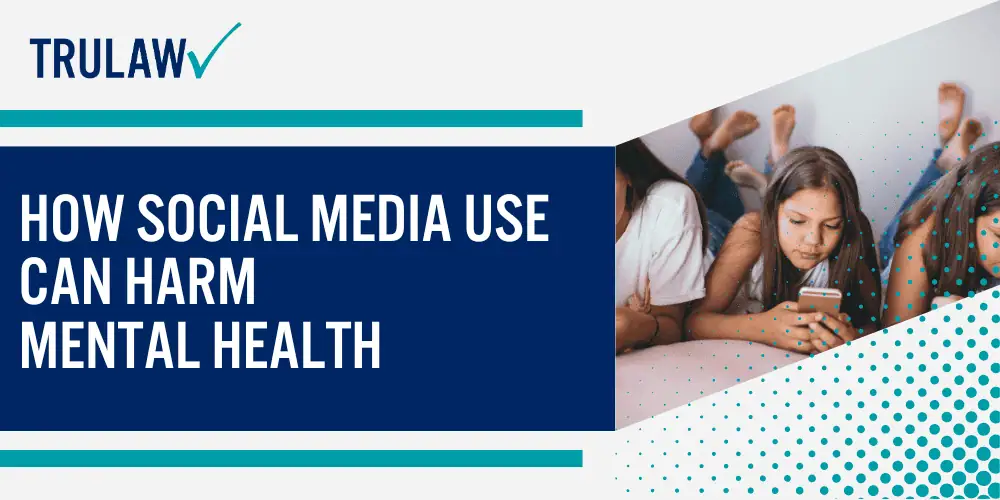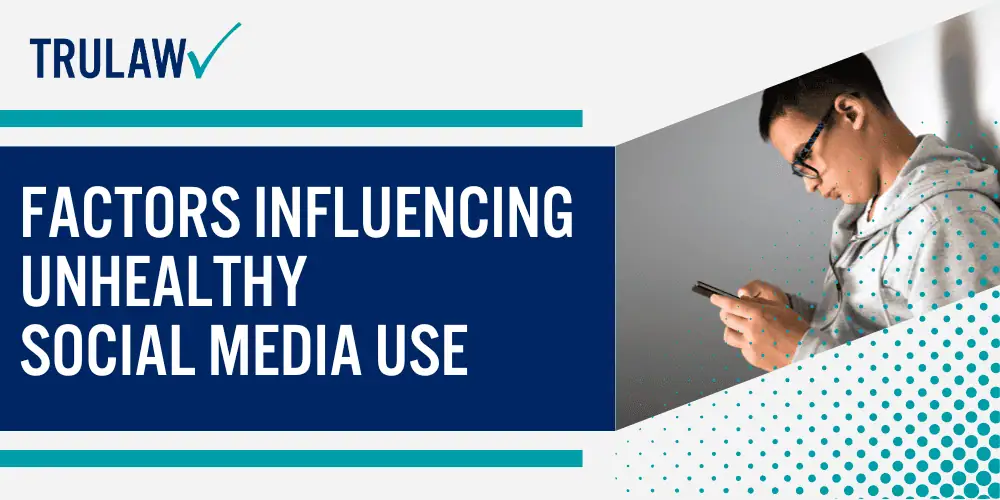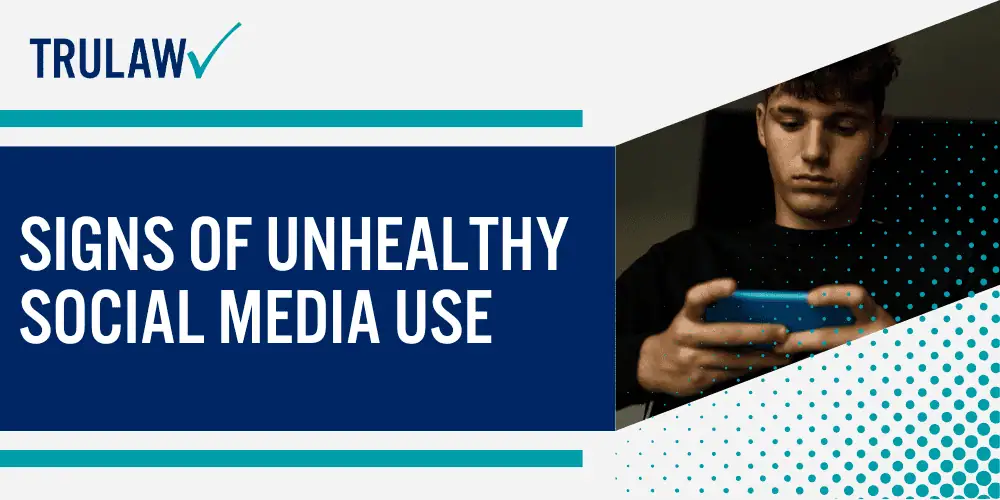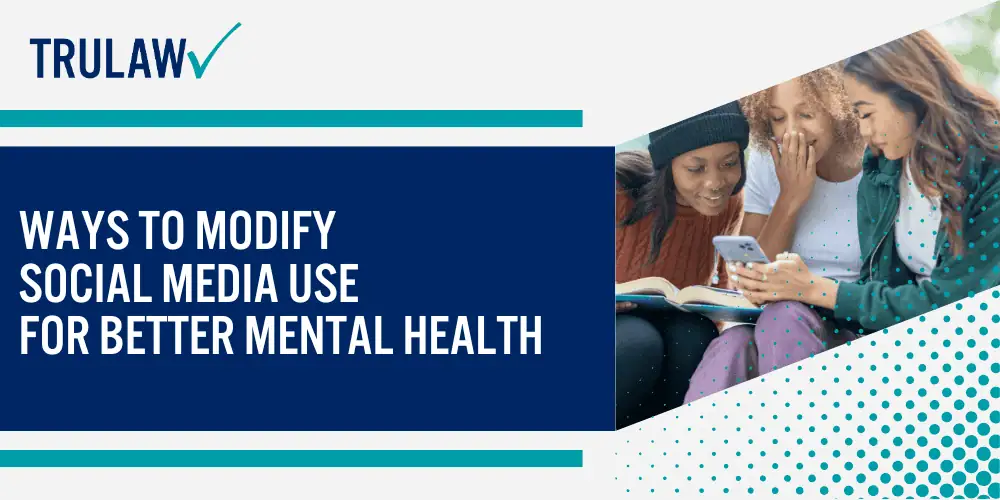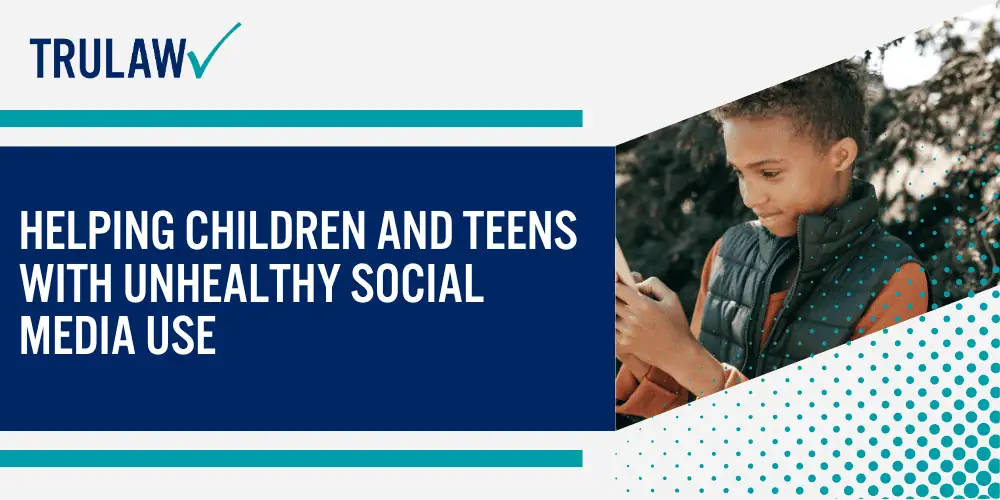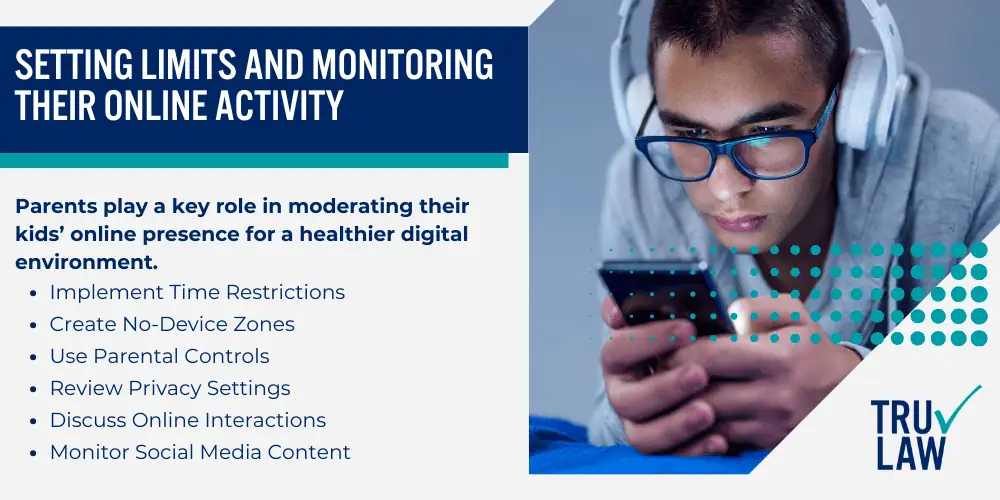The relationship between social media use and social media harms, has garnered significant attention, as various studies link extensive time on different platforms to a spectrum of psychological concerns.
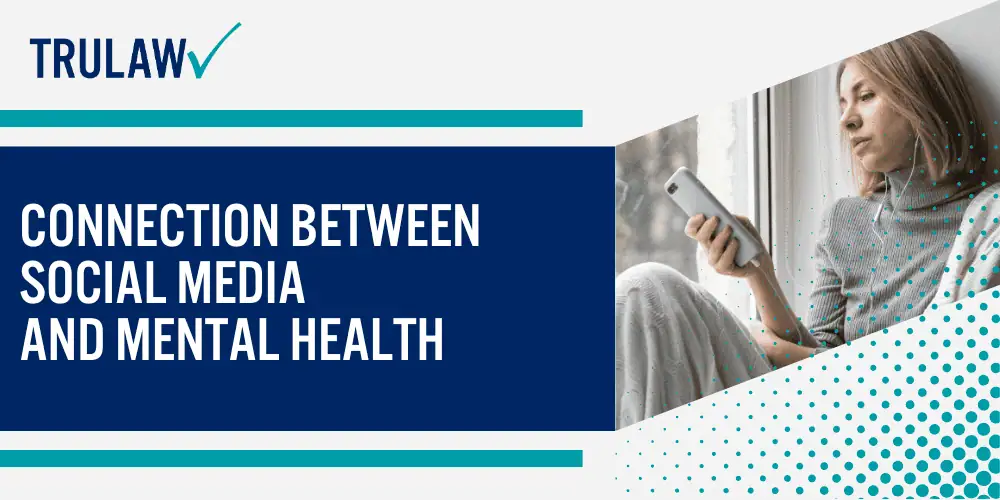
The frequent engagement with social media harbors both positive aspects as well as potential harms; however, research by the Pew Research Center reveals social media seriously harms your mental health
This section examines why human beings may feel bad after spending too much time scrolling through posts, highlighting the underlying dynamics at play that challenge one’s sense of self-worth and life satisfaction.
- Negative Aspects of Social Media: These include elements such as envy-triggering highlight reels from peers or strangers leading to negative social comparison, which ultimately undermine self-esteem.
- Impact on Mental Health: Prolonged app usage doesn’t just change how people tend to spend their days but also influences their mindset, contributing to an increased risk of developing mental health cases
Negative aspects of social media
Despite the connections and community social media promises, it can have serious repercussions on mental health.
Users often experience a decline in self-esteem after scrolling through perfect pictures and highlight reels of others’ lives, leading to negative social comparison and a sense of inadequacy.
The design of these platforms, likened to a slot machine, can also foster addictive behaviors, as users constantly seek validation through likes and comments.
This compulsive use has been pinpointed as a driving force behind an array of mental health issues including depression, anxiety, body image concerns—even eating disorders among vulnerable young people.
The rapid rise in youth mental health cases correlates with the prevalence of smartphones and unlimited access to multiple platforms like Instagram or Facebook.
Such platforms have powerful psychological hooks that make them nearly irresistible for many teens who spend excessive amounts of time online.
Meta Platforms and other companies face mounting criticism over their failure to protect young users from harm—evident from internal company documents revealing knowledge about these risks while actively exploiting brain development vulnerabilities for profit retention.
The increase in lawsuits against such entities signifies society’s growing impatience with the negative impact social media is having on our world—particularly our youth—and the urgent need for age-appropriate standards and transparency regarding app usage harms.
How social media use affects mental health
Social media use has been increasingly linked to mental health issues, particularly in young people.
Multiple studies show a clear connection between time spent scrolling through apps and feelings of depression, anxiety, and loneliness.
This is compounded by the habit-forming design of many social media platforms that encourage continuous engagement through likes, comments, and shares, leading to compulsive social media use.
Users can develop feelings of inadequacy and low self-esteem by comparing their lives with the idealized highlights posted by friends and celebrities.
These negative comparisons are powerful; recent research points out that just seeing others’ curated photos can leave individuals dissatisfied with their own life experiences.
The impact on sleep cannot be overlooked as well.
Frequent late-night phone use disrupts normal sleep patterns—a vital component for cognitive function and overall physical health—which further exacerbates mental health struggles like depression and memory loss.
Social media seriously harms your mental health, not only by facilitating unhealthy comparisons but also by directly affecting biological processes essential for wellness.
The lure of constant connectivity holds immense power over users’ daily habits; for some teens, especially, what begins as casual browsing may escalate into addictive behavior detrimental to their mental well-being.
